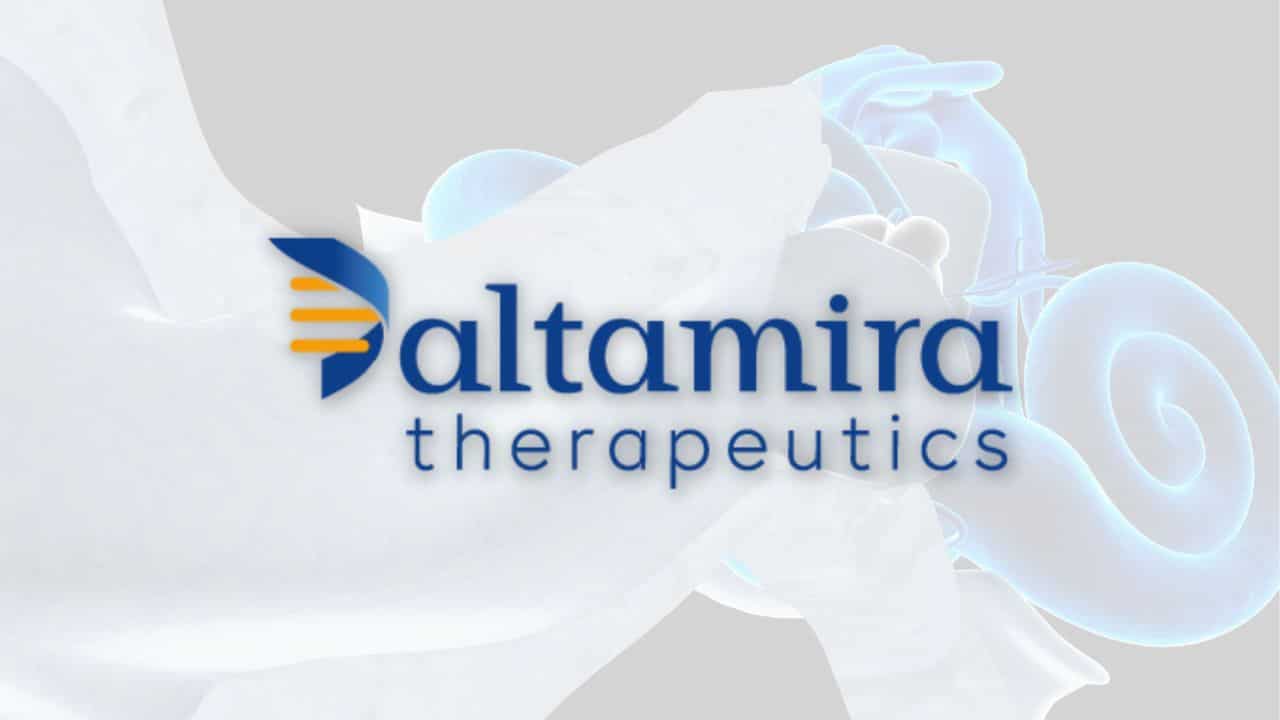HAMILTON, BERMUDA – Altamira Therapeutics Ltd. (Nasdaq: CYTO) announced this week that the U.S. Food and Drug Administration (FDA) has completed its safety review of the company’s Investigational New Drug (IND) application for AM-125, a betahistine nasal spray, in acute vestibular syndrome (AVS).
The FDA has granted permission to initiate a Phase 2 clinical trial using AM-125 to treat posterior canal benign paroxysmal positional vertigo (BPPV), the most common type of vertigo.
Phase 2 Trial for AM-125 in BPPV
AM-125 has shown promise in a previous Phase 2 trial conducted in Europe, where it demonstrated good tolerability and accelerated vestibular compensation, helping patients regain balance and recover faster after surgical removal of inner ear tumors. This new trial aims to assess the tolerability and clinical effectiveness of AM-125 specifically for BPPV, a condition characterized by recurrent episodes of dizziness caused by changes in head position.
Thomas Meyer, Altamira’s founder, Chairman, and CEO, expressed gratitude for the FDA’s positive conclusion of the safety review, noting that it paves the way for the evaluation of AM-125 in the United States. He emphasized the potential of AM-125 to address the needs of BPPV patients, who often experience significant inconveniences and disabilities due to vertigo episodes.
“We greatly appreciate the FDA’s positive conclusion of the safety review, which opens the way for the clinical evaluation of AM-125 in the US. An earlier Phase 2 clinical trial conducted in Europe demonstrated that a four-week treatment course with AM-125 in AVS patients, following surgical removal of a tumor behind the inner ear, was well tolerated and helped to accelerate vestibular compensation enabling patients to regain balance and recover faster. The new Phase 2 trial is designed to demonstrate AM-125’s tolerability and clinical utility also in BPPV, the most common type of vertigo. We look forward to advancing the AM-125 program with one or more partners as we are repositioning the Company around our RNA delivery technology.”
–Thomas Meyer, Altamira’s Founder, Chairman and CEO
BPPV primarily affects the elderly, with symptoms such as dizziness interfering with daily activities like driving or climbing stairs. The condition occurs when tiny particles in the inner ear become dislodged and stimulate the vestibular system in an uncontrolled manner. While physical maneuvers like the Epley maneuver can help reposition these particles, patients may still experience dizziness and instability afterward. Betahistine, an antivertigo drug, is often prescribed to accelerate symptom resolution, but it is not approved for use in the United States.
Altamira has developed AM-125 as a nasal spray, which offers higher bioavailability compared to oral betahistine. This alternative formulation could provide a more effective treatment option for vertigo patients. Altamira is actively seeking partnerships to advance the AM-125 program while leveraging its RNA delivery technology.
About Betahistine
Betahistine, a small molecule structural analog of histamine, acts as an agonist at the H1 histamine receptor and as an antagonist at the H3 histamine receptor. Unlike histamine, it crosses the blood-brain-barrier. Betahistine is known to increase the release of histamine, acetylcholine, dopamine and norepinephrine in the brain. It increases cochlear, vestibular and cerebral blood flow and facilitates vestibular compensation and inhibits neuronal firing in the vestibular nuclei. Betahistine for oral administration is approved in about 115 countries (with the U.S. being a notable exception) for the treatment of vertigo and Meniere’s disease. Despite its good safety profile, the clinical utility of orally administered Betahistine is limited due to poor bioavailability.
About AM-125
AM-125 is an intranasal formulation of betahistine. Because of its ability to circumvent first-pass metabolism, AM-125 has been shown to have 5-to-29 times higher bioavailability than orally administered betahistine. Altamira is developing AM-125 for the treatment of acute vestibular syndrome which may be triggered by a variety of causes including trauma, infection, or inner ear fluid disturbances. With its incidence and prevalence increasing with age, vestibular dysfunction affects more than one third of the U.S. population 40 years of age and older.
About Altamira Therapeutics
Altamira (Nasdaq:CYTO) is dedicated to developing RNA-based therapeutics for extrahepatic targets (OligoPhore™ / SemaPhore™ delivery platforms). The Company currently has two flagship siRNA programs in preclinical development beyond in vivo proof of concept: AM-401 for KRAS driven cancer and AM-411 for rheumatoid arthritis. The versatile delivery platform is also suited for mRNA and other types of RNA therapeutics and is planned to be leveraged via out-licensing to pharma or biotech companies. In addition, Altamira is in the process of divesting and/or out-licensing its legacy assets in allergology and viral infection (Bentrio® OTC nasal spray; commercial) and inner ear therapeutics (AM-125 nasal spray for vertigo; post Phase 2; Keyzilen® and Sonsuvi® for tinnitus and hearing loss; Phase 3). Founded in 2003, Altamira is headquartered in Hamilton, Bermuda, with its main operations in Basel, Switzerland.
Source: Altamira Therapeutics






